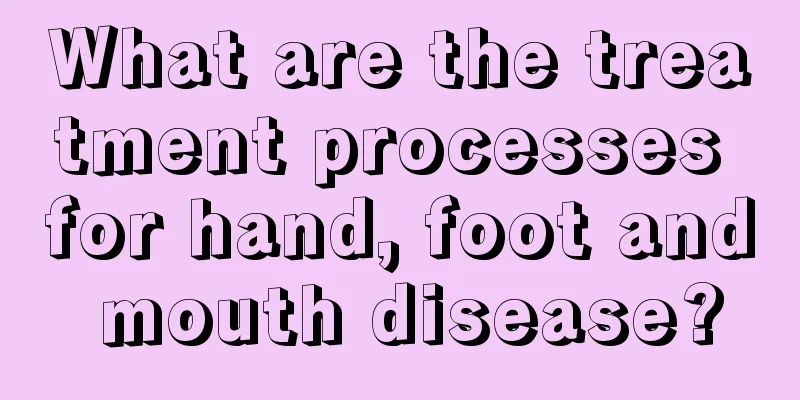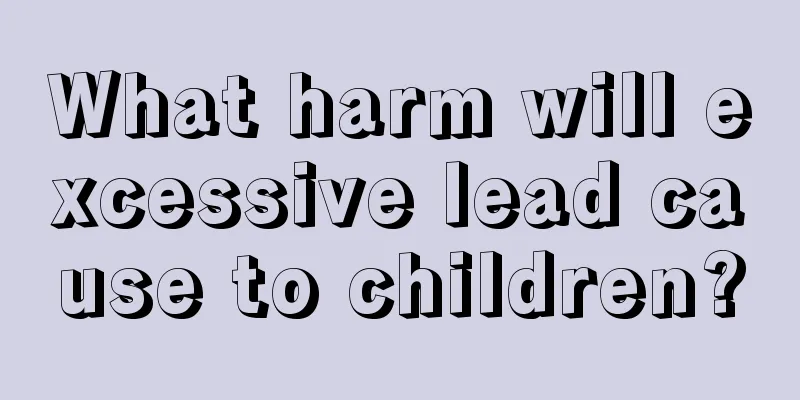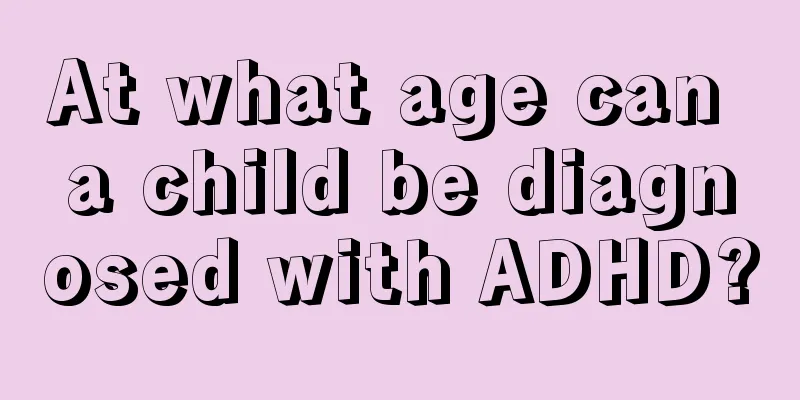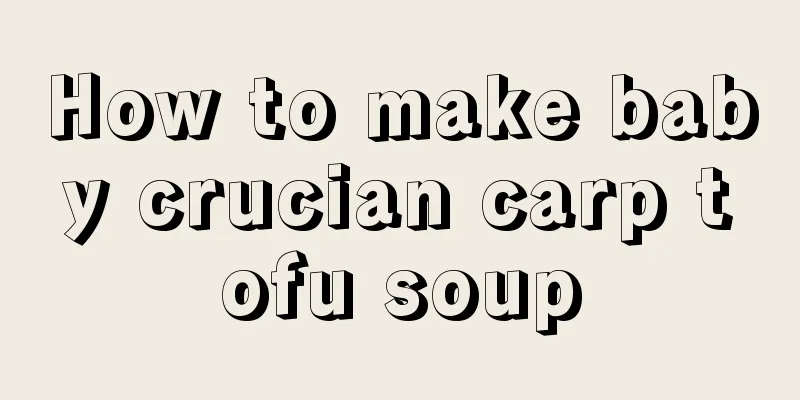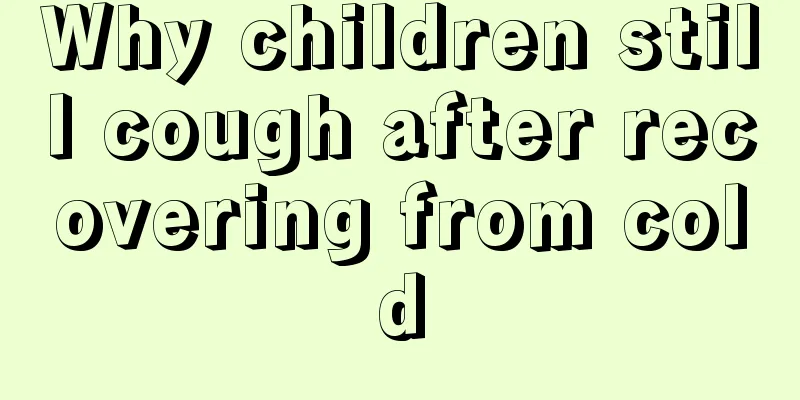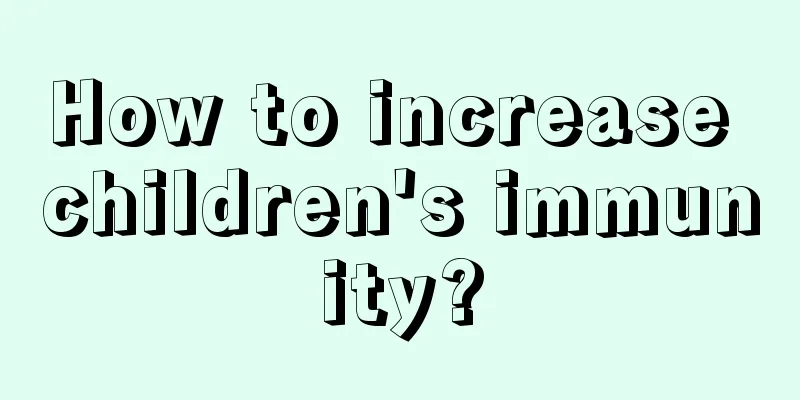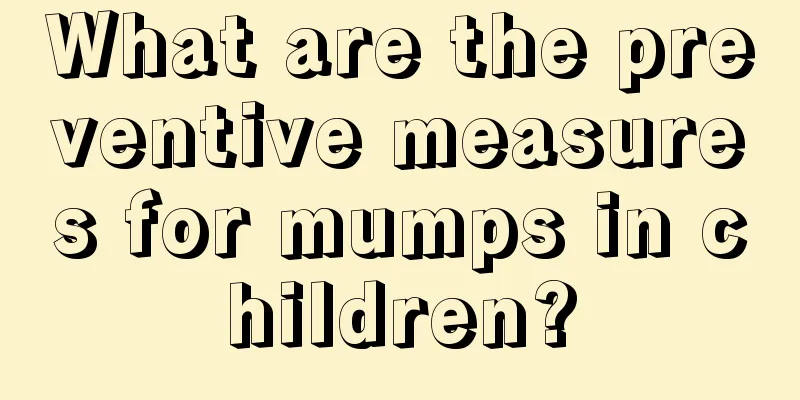Can I not get the hand, foot and mouth disease vaccine? Is the hand, foot and mouth disease vaccine necessary?
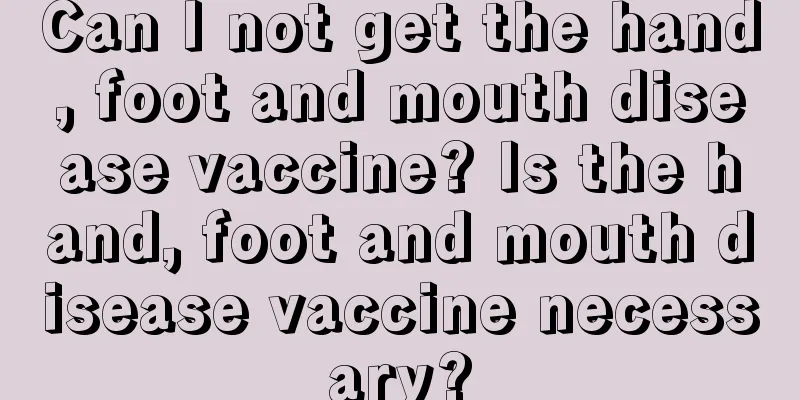
|
Hand, foot and mouth disease is a common intestinal disease in people's daily lives. It has a great impact on people's physical health. Suffering from hand, foot and mouth disease will not only affect people's appetite, but also have a certain impact on the stomach and intestines, and even cause acne or pustules on the hands, feet and mouth. In order to avoid such things from happening or reduce the probability of them happening, many people choose to get the hand, foot and mouth disease vaccine. So does everyone need to get the hand, foot and mouth disease vaccine? Is it okay not to get it? At present, the hand, foot and mouth disease vaccine does not meet the sufficient conditions for inclusion in the national immunization program. It is a "category II vaccine" and is administered on the principles of "informed, voluntary and self-funded". The basic immunization program for this vaccine is 2 doses, with an interval of 1 month. The price of each vaccine shot is about 200 yuan, and the injection fee is 3 yuan. The maternal antibodies acquired by infants are lowest at 5-11 months of age, while the peak incidence is at 1-2 years of age, and the incidence is very low over 5 years of age. Therefore, it is recommended that children aged 6 months be vaccinated with EV71 vaccine, and the earlier the better, preferably before 12 months of age, so that the protective effect can be exerted as early as possible. EV71 vaccination is not recommended for children over 5 years old. The inactivated EV71 vaccine for hand, foot and mouth disease is a new type of vaccine. The technology it uses is mature and safe, the risks are controllable, and the positive significance of vaccination is obvious. However, there is a possibility of adverse reactions when injecting vaccines, but most of them are relatively mild and most of them occur within 48 hours after vaccination. In addition, there are strict regulations for the transportation and storage of vaccines, namely 2 to 8 cold chain refrigeration, otherwise it will lose its effectiveness or its effectiveness will decrease, but it will hardly cause serious toxic reactions. The EV71 inactivated vaccine is administered on a voluntary basis, and parents can weigh the pros and cons to decide whether to vaccinate their children. But there is one thing we must remind everyone: before the child is vaccinated, parents can ask the vaccinating party to provide vaccine-related certificates and batch number information, and check them carefully; it should be noted that reliable effects must be guaranteed by standardized drugs. Prevention of Hand, Foot and Mouth Disease 1. Wash children's hands with soap or hand sanitizer before meals, after defecation, and after going out and coming home; caregivers should wash their hands before touching children, changing diapers for young children, and after handling feces; 2. Pay attention to maintaining a clean home environment and ventilate the room frequently; 3. Infants' diapers should be cleaned, exposed to the sun or disinfected in time; babies' clothes and quilts should also be hung out to dry frequently; 4. Parents should not let their babies drink raw water, they should drink boiled water; 5. Babies should not eat raw or cold food, but cooked food; Hand, foot and mouth disease (HFMD) is an infectious disease in children, also known as exanthematous vesicular stomatitis. It mostly occurs in children under 5 years old and can cause herpes on the hands, feet, mouth and other parts of the body. A small number of children may develop complications such as myocarditis, pulmonary edema, and aseptic meningoencephalitis. In some seriously ill children, if the disease progresses rapidly, it may lead to death. The main clinical symptoms of this disease are herpes or ulcers formed after rupture of the hands, feet and oral mucosa. Hand, foot and mouth disease is an infectious disease caused by enterovirus. There are more than 20 types of enterovirus that can cause hand, foot and mouth disease, among which Coxsackievirus A16 (Cox A16) and enterovirus 71 (EV 71) are the most common. |
<<: Reaction after polio vaccine
>>: Child watching TV with squinting eyes
Recommend
The reason why white spots appear on children's fingers
Every part of the human body can reflect the phys...
4 year old baby snoring
In fact, the symptom of snoring is very harmful t...
What foods can help children grow taller?
A child's height first depends on the genetic...
What should children eat to be good for their eyes? Eat more fish and vitamins
Children's myopia has become more and more se...
What are the tips for constipation in 3-year-old children?
Speaking of constipation, I believe everyone is m...
How does a girl develop?
The physical health of children is what parents c...
What to do if a 2-year-old child is scalded
When a baby is 2 years old, he is very curious ab...
Early education for babies over three months old
Many people think that babies over three months o...
Children's Sinusitis Massage
For children, since all medicines have certain si...
What are some tips for children's spring health care?
It is imperative to ensure the health of young ch...
Children's nails fall off
When children are playing mischievously, they may...
What causes baby's eye bags to swell?
The first thing to consider when your baby’s swol...
How can students improve their memory?
Memory is very important for children, because we...
What causes vomiting in children?
Vomiting is a relatively common phenomenon. Of co...
The newborn has a lot of small red bumps on his face
The skin of a newborn is relatively delicate, and...

